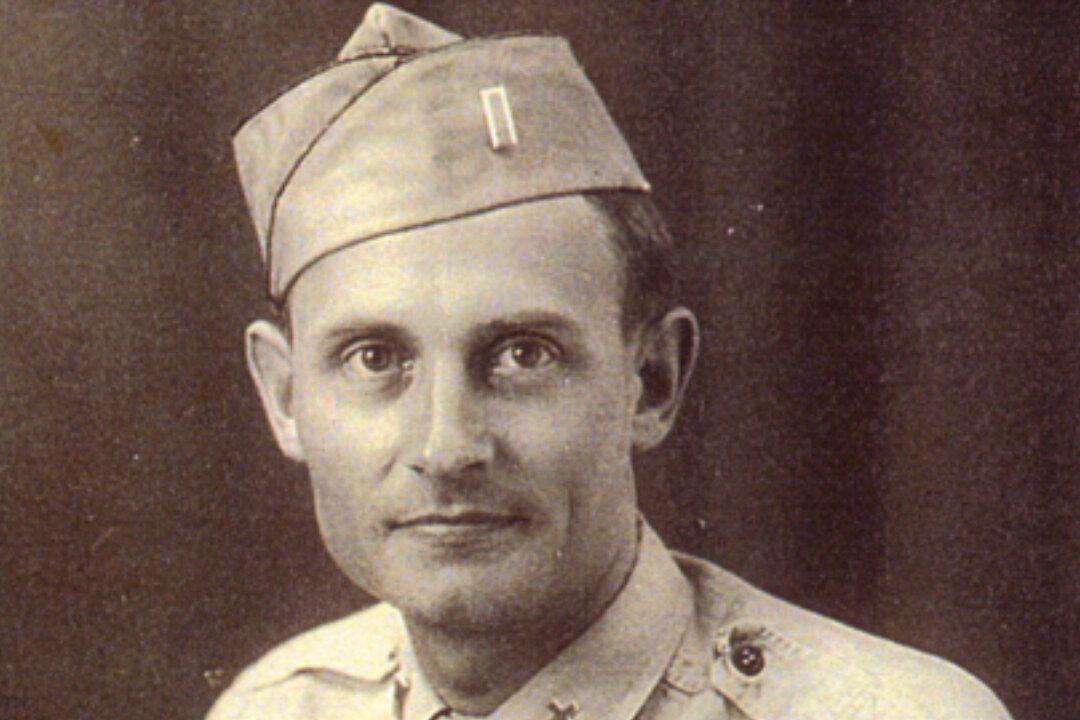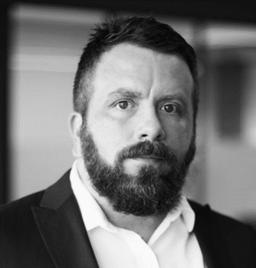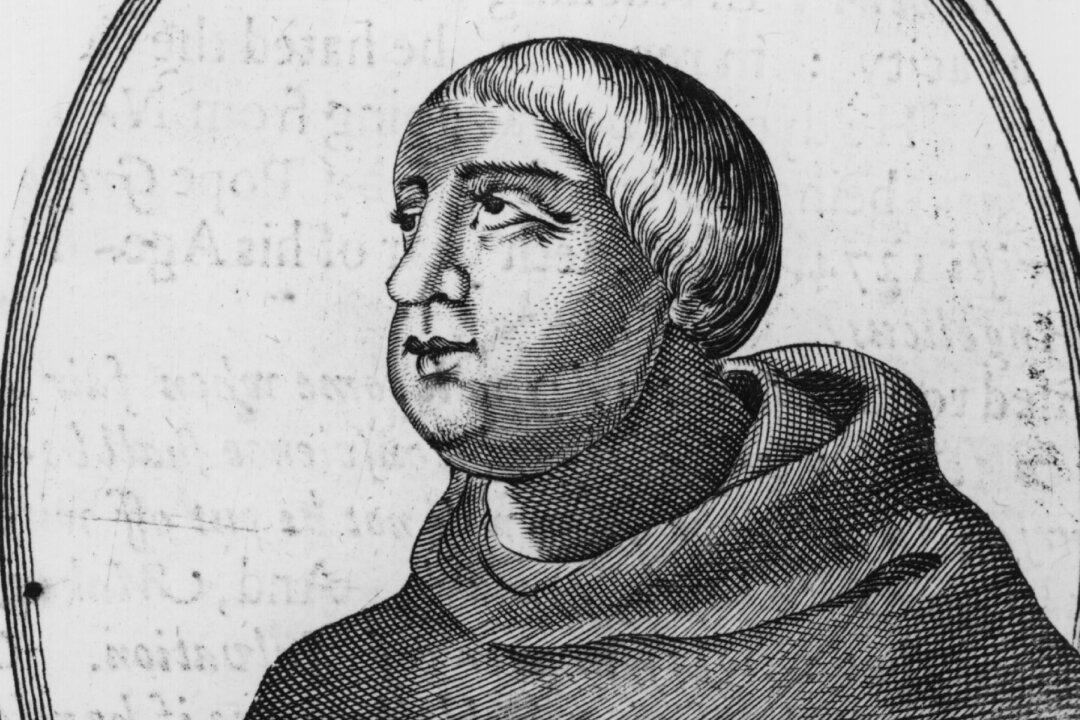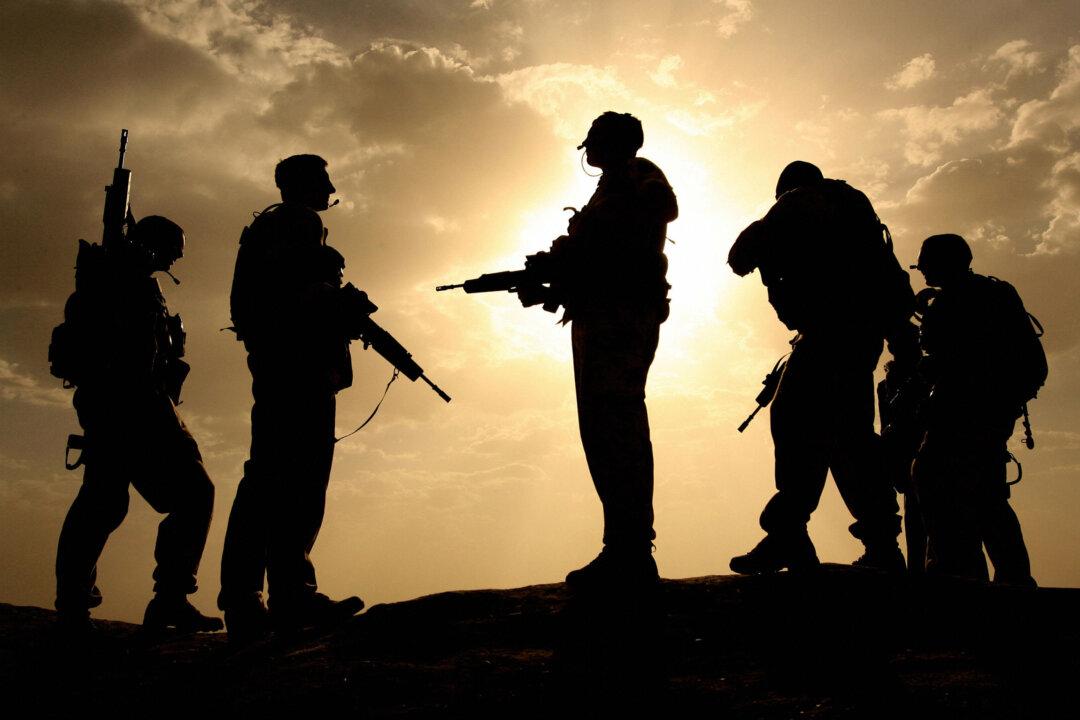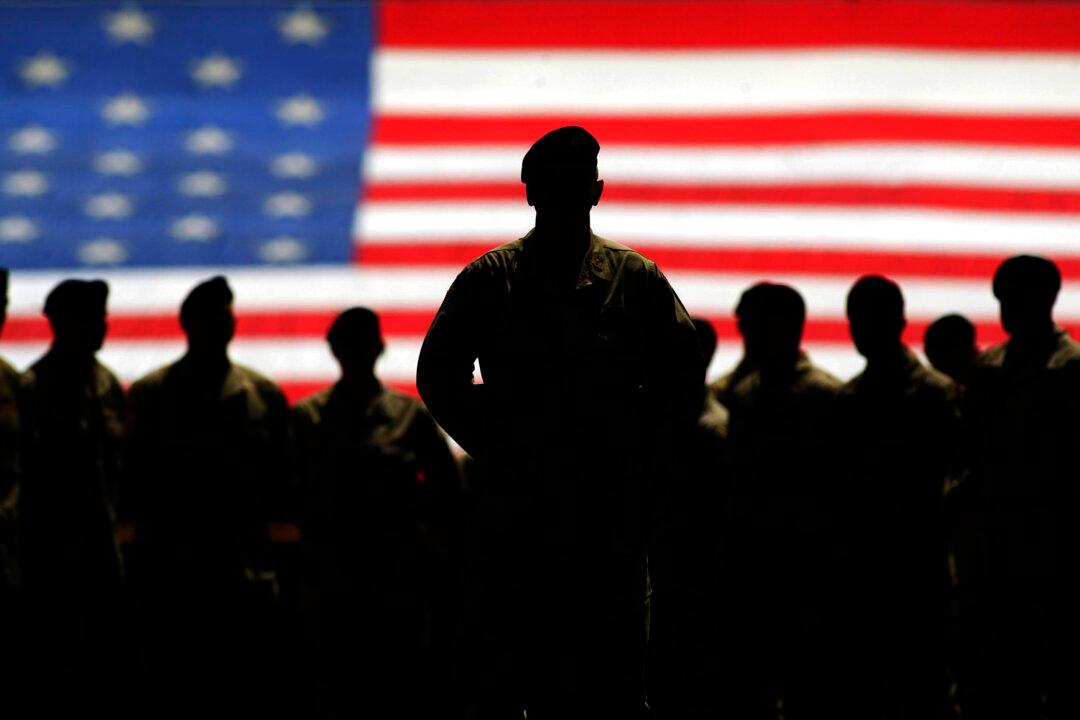Commentary
Late in the summer of 1944, a 28-year-old Catholic priest from a small town in middle-of-nowhere Kansas entered the U.S. Army in order to serve his country, when it was already three years into the largest military conflict the world had ever seen.
